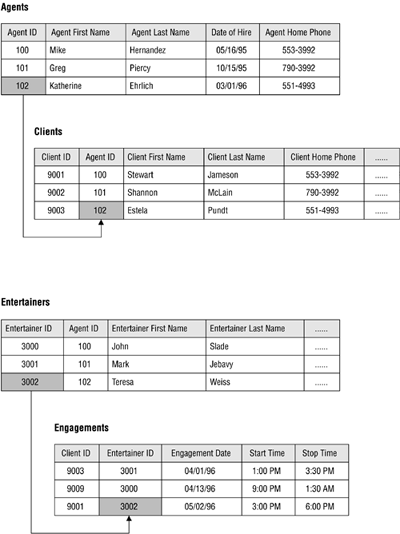moving to this chapter 7,
holla, hye and assalamualiakum :) meet me again in this 7th's chapter !
a quote for today that i want to share is
"Try not to become a man of success, but rather try to become a man of value."
Albert Einstein
so, that the quote for today, to be a man value, lets start studying, because a person without knowledge is nobody because everything need knowledge in this 20th century.
Relational Database Fundamentals :
- Hierarchical database model - information is organized into a tree-like structure that allows repeating information using parents or child relationship in such a way that it cannot have too many relationship. It will were widely used in the first mainframe databases managements systems.
- Network database model - is a flexibility way of representing objects and their relationship.
- Relational databases model - is a type of databases that store information in the form of logically related two dimensional tables. Two dimensional means that in one web or network we can know many things in many way not just focus in one section. For example, Facebook social network is not focus only in one function but in Facebook if we click in other function the pages will proceed to other function in the same time without need to open new tab.
below are the illustration of above database :
 |
| network database model |
 |
| relational database model |
Entities And Attributes :
- Entity – a person, place, thing, transaction, or event about which information is stored - The rows in each table contains the entities
- Attributes (fields, columns) – characteristics or properties of an entity class- The columns in each table contain the attributes
Key and Relationship :
- Primary key – a field (or group of fields) that uniquely identifies a given entity in a table
- Foreign key – a primary key of one table that appears an attribute in another table and acts to provide a logical relationship among the two tables
Relational Database Advantages :
- Database advantages from a business perspective include– Increased flexibility– Increased scalability and performance– Reduced information redundancy– Increased information integrity (quality)– Increased information security
Database Management System :
- Database management systems (DBMS) – software through which users and application programs interact with a database
Data-Driven Web Site Business Advantages :
- the advantages of data-driven web site business are as below- Development
- Content management
- Future expandability
- Minimizing human error
- Cutting production and update costs
Example Of Business Intelligence :
 |
| business intelligence in data-driven websites |
thank you, till we meet again :)
xoxo :D







No comments:
Post a Comment